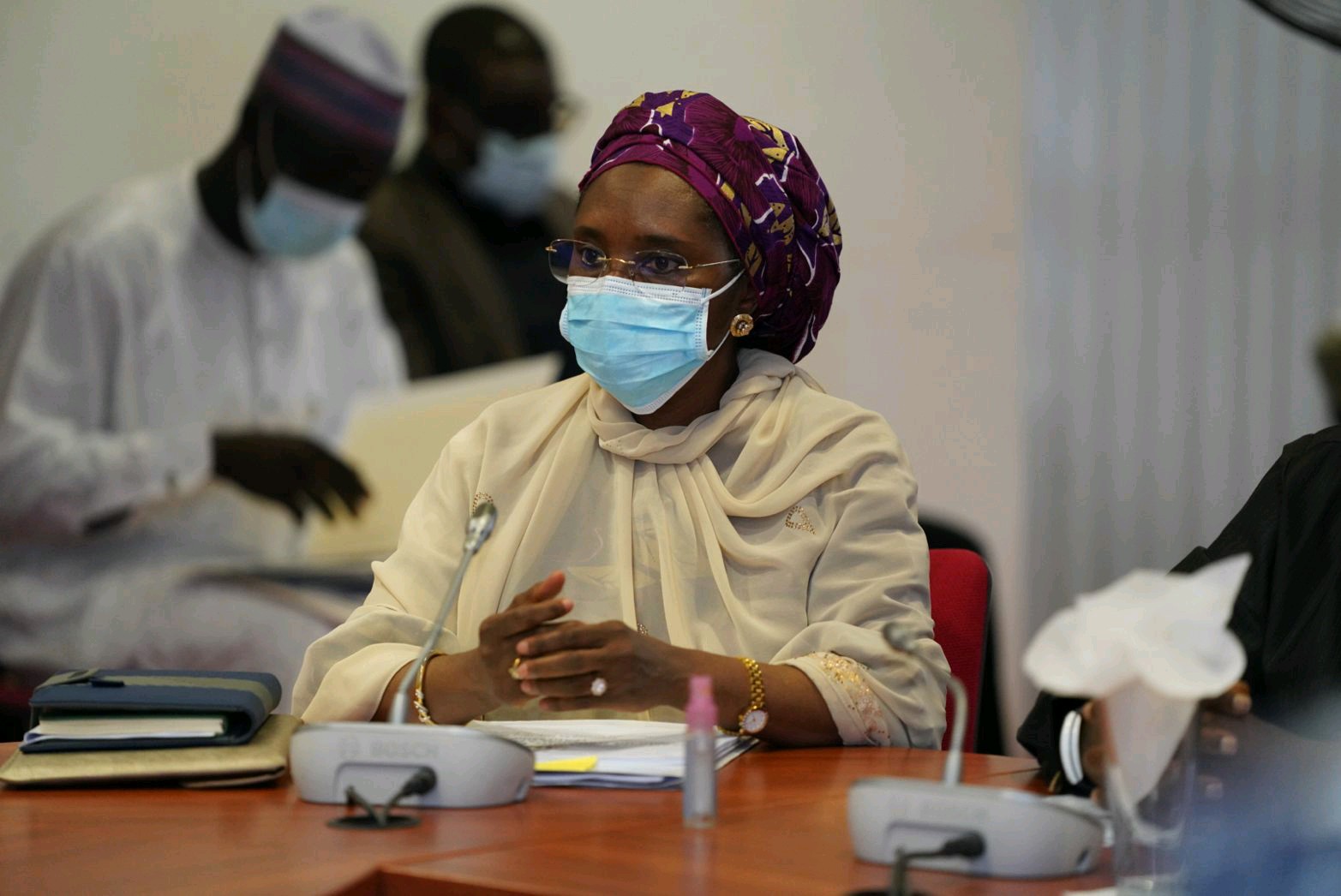Earlier this week, Nigeria successfully issued three tranches of Eurobonds on the international capital markets, its first such operation since November 2018. While the country had planned to raise between $3bn and $6.2bn, the order book peaked at a whopping $12.2bn, enabling the government to settle for a healthy $4bn from foreign investors.
The issuance successfully attracted bids from Europe, the Americas and Asia and was also open to domestic investors. Nigeria now has an extra $4bn split into three tranches: a 7-year tenor Eurobond at 6.125% for $1.25bn, another 12-year tenor Eurobond at 7.375% for $1.5bn and finally a 30-year tenor Eurobond at 8.25% for $1.25bn.
While the rates secured by Nigeria are not as attractive as some of its neighbours (Côte d’Ivoire and Benin recently closed Eurobonds issuances at only 4.3% and 4.875%), the operation certainly confirm investors’ appetite for Nigerian debt.
Nigeria is rated B2 (negative) by Moody’s, B- (Stable) by S&P and B (Stable) by Fitch. The country is in the middle of a historic foreign exchange and currency crisis, so the influx of additional dollars is expected to help its central bank provide much-needed foreign exchange to the economy. While the proceeds from the Eurobonds are to be used to partly finance the 2021 deficit, an inflow of foreign exchange is also good to increase external reserves and help support the Naira’s exchange rate.
The country’s external liquid reserves have been back above the $35bn threshold since mid-September, a level not achieved since last February. While Nigeria has struggled to increase oil production, strong commodity prices still helped the country’s oil exports revenue hit a 3-year high in Q2 2021. Nigeria’s oil & gas exports currently represent 89% of the country’s total export revenues including 80% of crude oil and 8.5% for LNG.
The country now has the option of selling more debt: its issuance confirmed the willingness of investors to provide capital and possibly reach the maximum target of $6.2bn Nigeria had set. In an emailed response to Bloomberg this week, Debt Management Office Director General Patience Oniha said Nigeria might seek to raise the full $6.2bn from Eurobonds if the tenors and pricing are good.

